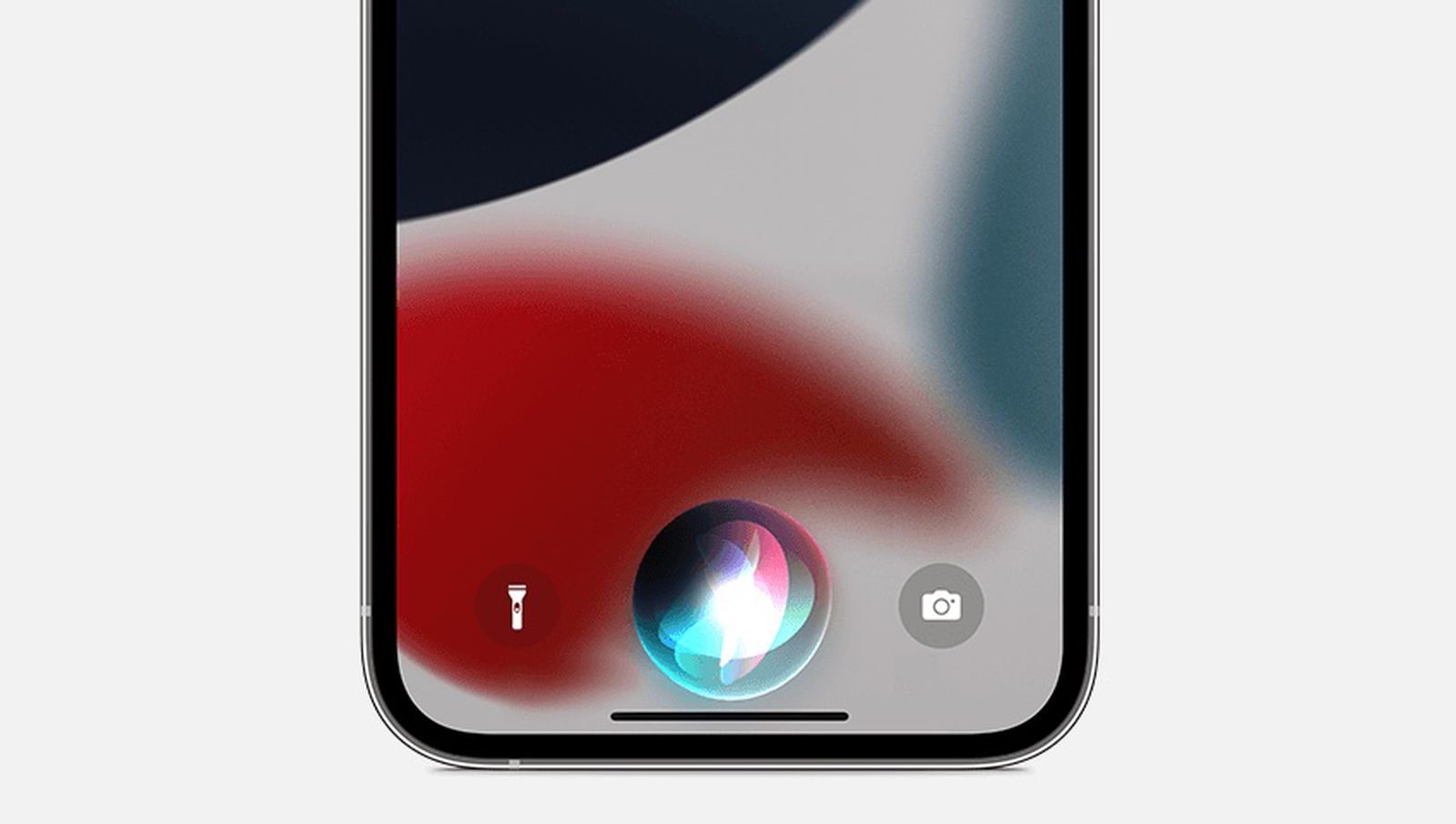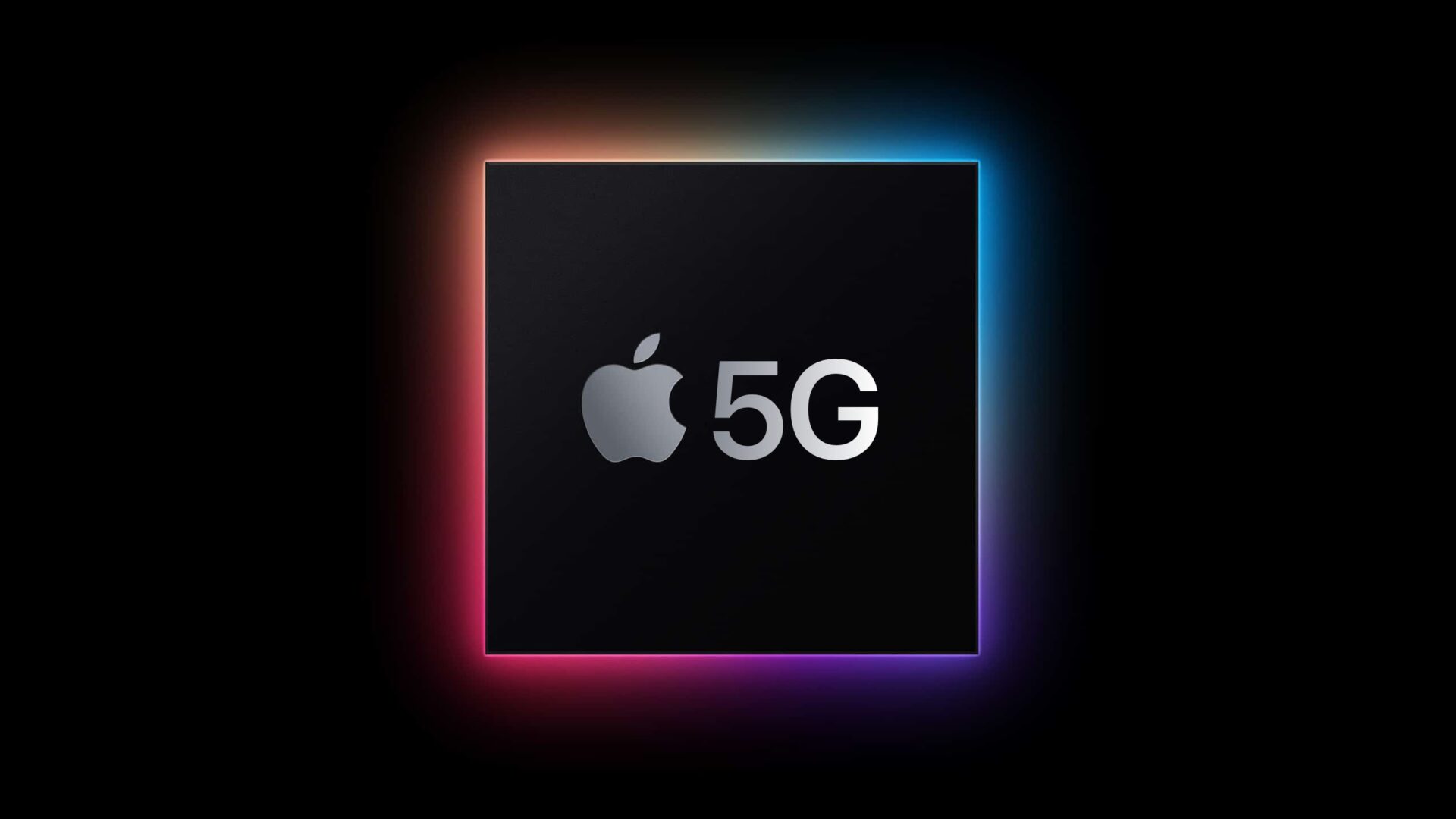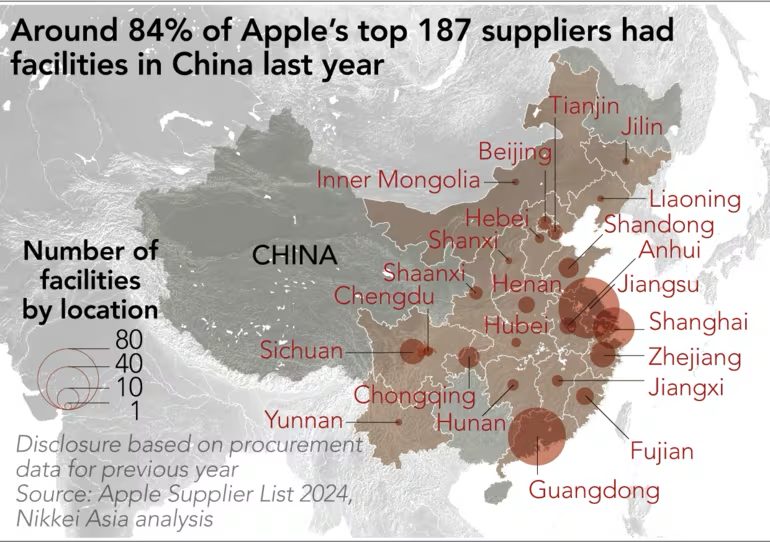
Why Apple Has Failed to Develop its Own Modem Chip
The Wall Street Journal reveals why Apple’s highly anticipated proprietary modem chip, designed to break its reliance on Qualcomm, continues to suffer significant setbacks.

The new iPhone models unveiled recently lacked this crucial component, despite several years and billions of dollars invested in the chip’s development.
The directive to create a modem chip, tasked with connecting iPhones to wireless carriers, was issued by Apple’s Chief Executive, Tim Cook, in 2018. Thousands of engineers were hired with the goal of ending Apple’s dependence on Qualcomm, a dominant chip supplier in the modem market.
However, Apple’s own actions proved to be the primary obstacles in completing the chip, as revealed by former company engineers and executives familiar with the project.
Late last year, tests exposed the chip’s shortcomings—it was too slow and prone to overheating, with a circuit board size rendering it unusable, occupying half of an iPhone.
Former Apple wireless director, Jaydeep Ranade, commented on the endeavor, stating that while Apple excels in silicon design, building a modem was a different challenge.
Designing a modem chip proved more complex than anticipated, as it must adhere to stringent global connectivity standards for wireless carriers.

Apple’s history of successfully designing other semiconductors for its products, such as processors for iPhones and laptops, did not translate to modem chips.
Apple had poached engineering talent from Qualcomm and made strategic acquisitions to boost its modem chip project. But it soon became clear that the goal of having the chip ready by fall 2023 was unattainable.
The company’s motivation for developing its modem chip stemmed from a 2017 lawsuit accusing Qualcomm of overcharging for patent royalties.
Despite the 2019 settlement of the lawsuit, however, Apple announced a deal last week to continue buying Qualcomm’s modem chips until 2026. The company’s comparable chip isn’t expected until late 2025, with possible further delays.

